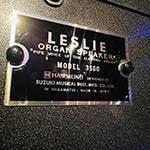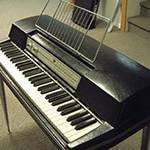
There are many guitar manufacturers around the world, ranging from extremely famous brands like Fender and Gibson to more niche brands like Cole Clark. I've put together a summary of the founders of these unique guitar brands and what kind of people they were. I hope this article can serve as a helpful reference for you when selecting a guitar, as it can add another layer of insight into the choice that suits your preferences.
Gibson
The founder of Gibson, famous for the Les Paul guitar, is Orville Henry Gibson. Orville was born in 1856 on a farm in New York. He worked at a shoe store and a restaurant, and crafting musical instruments was a hobby. When Gibson was founded in 1894, they initially produced mandolins, but eventually they started making guitars as well. In 1902, Orville established Gibson, and it’s said that he wanted to be deeply involved in the management of Gibson, due to his craftsman spirit. The archtop (curved design for the top of the body) design that Orville created is still present in today's Gibson products. Orville passed away in 1918 in New York.
Fender
Leo Fender was the founder of Fender, who is known for the Stratocaster, the symbol of electric guitars. Leo was born on a farm that grew melons and oranges in California. Leo initially played the piano, not the guitar, and later he also played the saxophone. Leo became interested in radio and electronics, but his work was in accounting at a tire company. In 1938, he started a radio repair business called Fender's Radio Service. From there, he expanded into manufacturing electric guitars and amps, creating the Stratocaster and the Telecaster. Leo passed away in 1991 due to complications from Parkinson’s disease.
Martin
The founder of Martin, known for acoustic guitars like the D-28, is Christian Frederick Martin. Frederick was born in 1796 in what is now Germany, in the Kingdom of Saxony. He learned guitar making from his father and worked for 14 years as an apprentice in Vienna with a guitar maker. In 1833, he moved to New York and began his own guitar-making business. The Martin family has continued guitar production to this day. Martin is said to have been the first to use steel strings for guitars and the first to reinforce the top with X-bracing. Frederick passed away in 1873, and his son took over the business.
Taylor
Taylor Guitars is famous for electric acoustic guitars like the 814ce, and they were founded in 1974 by Bob Taylor and Kurt Listug in California. Bob Taylor purchased the American Guitars workshop where he had worked and began the company with Kurt Listug. Compared to established brands like Gibson, Fender, and Martin, Taylor is a later entrant, but the acoustic sound from their guitars is beautiful, and the low action makes it easy to play, leading to its widespread popularity.
Cole Clark
The founder of Cole Clark, known for their all-solid wood acoustic guitars like the FAT LADY series CCFL1EC-BM, is Bradley Clark. Bradley worked at a long-established Australian guitar manufacturer called Melton before founding Cole Clark in 2001 with some colleagues. The company’s name is derived from combining "Cole" from one of the founders, Dam Cole, and "Clark" from Bradley Clark. Cole Clark guitars use Australian solid wood, finished in either natural or satin lacquer, and are known for their beautiful sound, both as electric-acoustic and traditional acoustic guitars. Despite being a newer brand, Cole Clark has been gaining popularity.
Gretsch
The founder of Gretsch, Frederick Gretsch, is known for his glamorous designs like the G6136 White Falcon. Founded in 1883 in New York, Gretsch is known for its striking looks and bold sound, which is why it became a popular guitar brand. Frederick Gretsch passed away in 1895 at the age of 39, and his children took over the business. In 2003, the guitar division was acquired by Fender.
Rickenbacker
The founder of Rickenbacker, Adolph Rickenbacker is known for the semi-acoustic 300 series. In 1925, Adolph established a metal parts manufacturing company in Los Angeles, marking the beginning of Rickenbacker’s history. The "Frying Pan," released in 1931, is said to be the first electric guitar ever made, and Rickenbacker’s rosewood fingerboards are known for their distinctive finish and improved maintenance. In 1953, Rickenbacker became a subsidiary of Fender.
Guitars Carry the Spirit of Their Founders
Even if you choose a guitar based on its appearance, it is still an instrument that carries the spirit of its founder. By learning more about the founder of your guitar, you can develop a deeper connection to it, so I encourage you to take an interest in the creator of your own guitar.
The “sound & person” column is made up of contributions from you.
For details about contributing, click here.







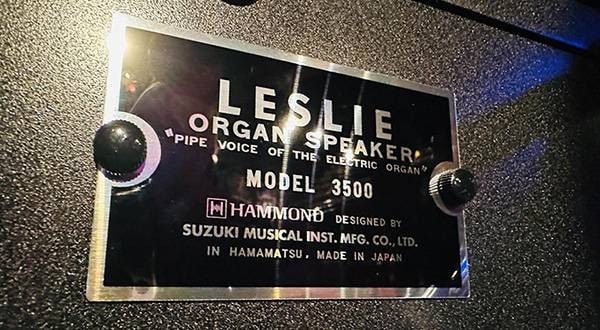
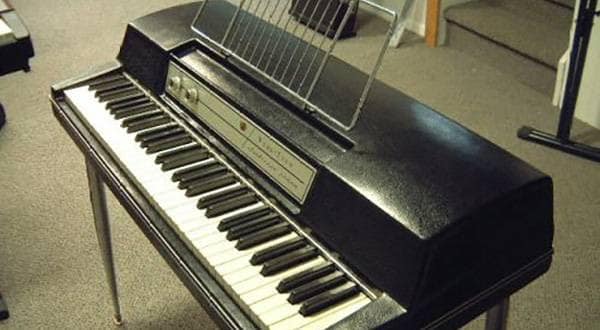

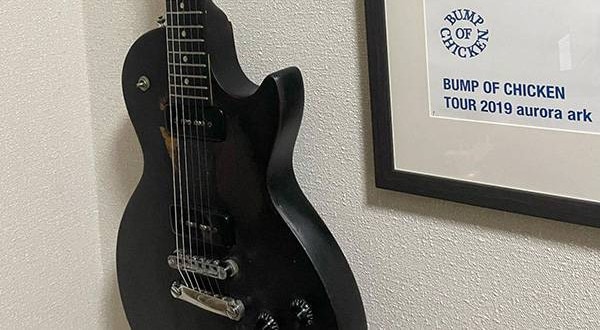
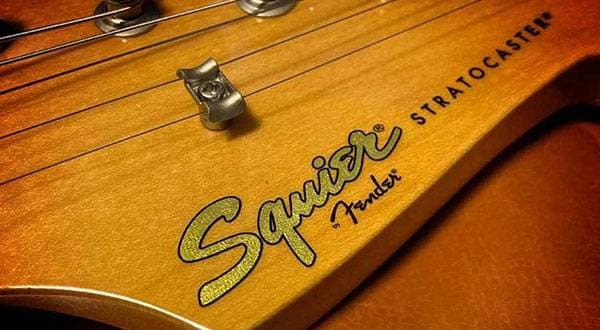
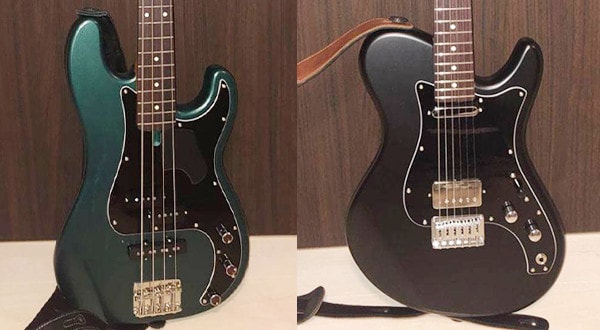

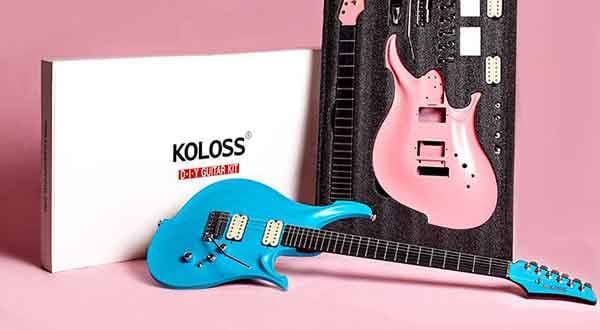

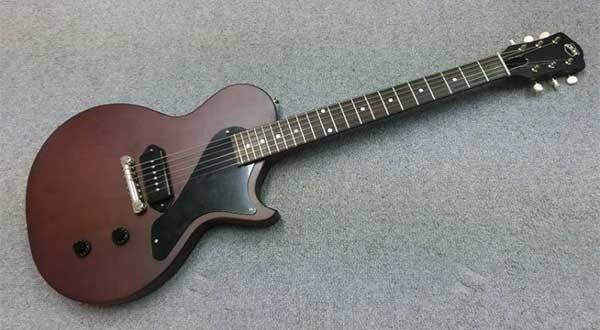
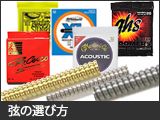 エレキギター弦の選び方
エレキギター弦の選び方
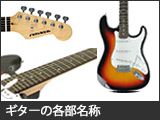 ギターの各部名称
ギターの各部名称
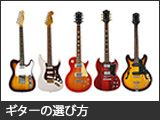 ギターの選び方
ギターの選び方
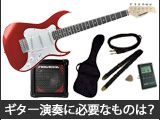 ギター演奏に必要なものは?
ギター演奏に必要なものは?
 ギタースタートガイド
ギタースタートガイド
 めちゃラク!ギター講座
めちゃラク!ギター講座

